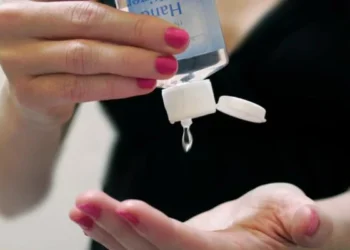Nominated Senator Raphael Chimera has drafted an amendment bill to legalize indigenous drinks like Mnazi, Busaa, and Muratina.
Senator Raphael Chimera has presented a legislative proposal to the Senate that includes the new information.
The Alcoholic Drinks Control Amendment Bill of 2024 aims to eliminate the need for a license for conventional alcoholic beverages by amending the primary statute, the Alcoholic Drinks Control Act of 2010.
Senator Raphael Chimera asserts that traditional brews, brewed for traditional rituals in a variety of societies throughout time immemorial, carry significant cultural value in those groups.
Some of the rites performed include the dower, circumcision, introduction into the council of elders, reconciliation of family members, prayer for rain, and blessing of children and land.
As a result, he contends that regulating the sale of such brews would be discriminatory because the brews are located at the core of the cultural fabric that constitutes the community’s traditions.
He articulated the indisputable significance of traditional alcoholic beverages in the daily festivities and events among Kenyan communities.
In the bill, Senator Raphael Chimera proposes that the term “traditional alcoholic drinks” be legally acknowledged as referring to a beverage that is created utilising indigenous techniques and ingredients that are readily accessible in the area.
Section 7(1) of the principal Act, which states that no person shall—a) manufacture or otherwise produce; (b) sell, dispose of, or deal with; (c) import or cause to be imported; or (d) export or cause to be exported—any alcoholic drink, except under and in accordance with a license that has been amended, is what he wants to see in order to accomplish this goal.
As a result of the alteration, the phrase “except under and in accordance with a license issued under this Act” will be removed and replaced with the phrase “without a license issued under this Act,” unless the beverage in question is a typical alcoholic beverage.
The recommendations also include adjustments that ensure the packaging of alcoholic beverages is in quantities not less than 750 millilitres.
Currently, the legal limit for the least amount of alcohol packaging is 250 millilitres.
The plan would alter Section 31(2)(a), which states that no one should produce, pack, distribute, or sell an alcoholic drink in a container that is less than 250 millilitres, in order to increase the amount of packaging.
Senator Raphael Chimera said, “We amend the Principal Act in Section 31(2)(a) by deleting the numerical value 250 ml appearing immediately after the words “of less than” and replacing it with 750 ml.”
He added, “We are making this amendment possible.”















